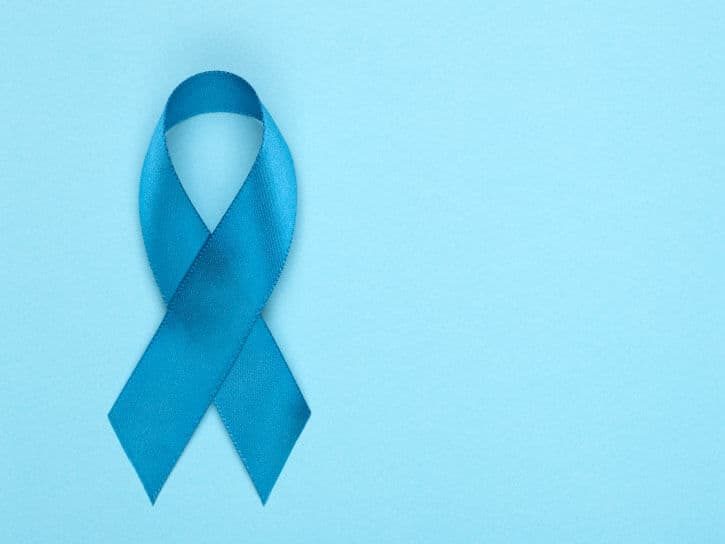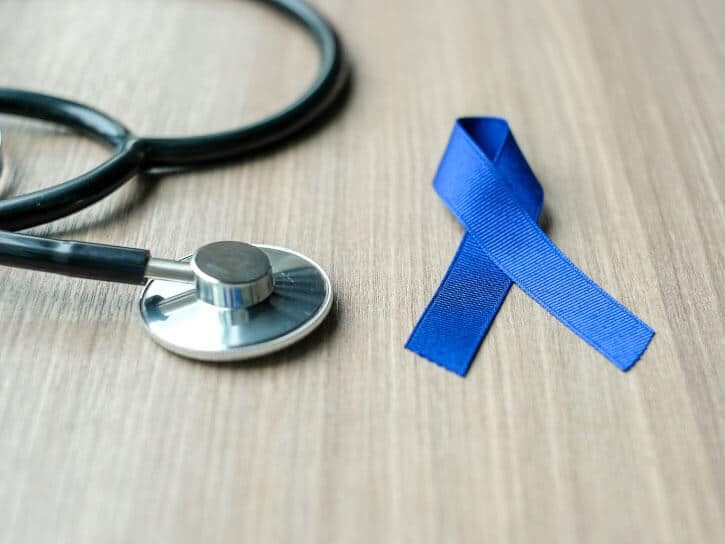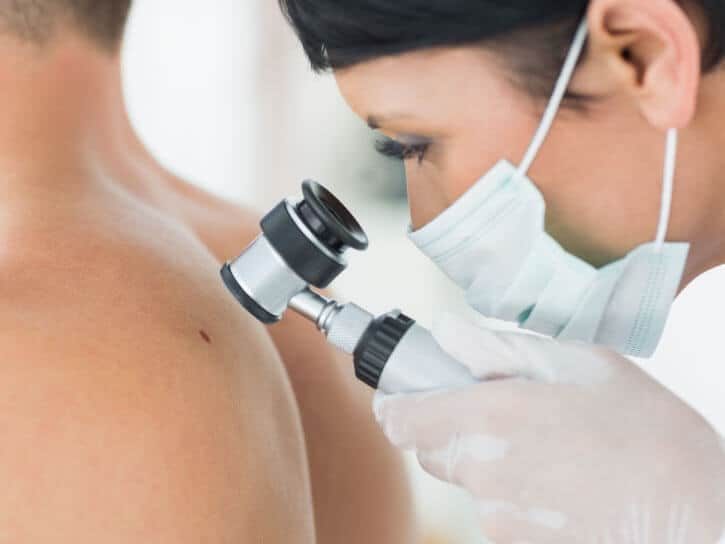Australian men and cancer
Australian men and cancer

This month is Blue September, a month dedicated to raising awareness of cancer in men. Unbelievably, one in two Australian men will be diagnosed with cancer sometime in their lives.
There are over 200 types of cancer, ranging from the most common such as prostate, bowel and lung cancer and melanoma to the rarer, such as cancer of the small intestine and cancer of the gallbladder.
It is expected that over 74,000 Australian men will be diagnosed with cancer this year. In better news, advances in cancer treatment are being made all the time. In the 1980’s, the cancer survival rate was less than 50%. Now, almost seven in 10 Australians will survive for at least five years after their diagnosis, and in some cancers, the survival rate is as high as 90%. That’s why awareness months such as Blue September are so important, as they raise vital funds to continue research.

Women get cancer too – why are we talking about just the men?
It’s true that women get cancer, and of course it is important to discuss this as well (and in fact these discussions do happen with other awareness campaigns throughout the year). Men however, have a tendency to ignore their health and adopt a “she’ll be right” attitude. Many patients with a cancer diagnosis have better outcomes if it is detected early, so we think it is important to shift these attitudes and encourage men not to ignore or dismiss symptoms and to seek early medical advice.

What are the most common types of cancer for Australian men?
In Australia, the statistics around the top four cancers affecting men make sobering reading.
Prostate cancer tends to be more common in older men, with 63% of cases diagnosed in men over 65. In 2018, 3264 deaths were attributed to prostate cancer, and it is estimated that over 18,000 new cases will be diagnosed in 2021. In better news though, if diagnosed early, prostate cancer has one of the highest five-year survival rates at around 92%.
Bowel cancer or colorectal cancer is a very common cancer for both Australian men and women, and is common in people over 50. Around 15,000 new cases are diagnosed each year (across both men and women) and in 2018, 5336 deaths were attributed to bowel cancer. The five-year survival rate is around 70%, much lower than that for prostate cancer.
Melanoma skin cancer is the most common cancer in young Australian men aged from 15 to 39. It is estimated that over 16,000 new cases will be attributed to this type of cancer (for both men and women) in 2021. Almost twice as many men and women are expected to die from melanoma and far more new cases will be diagnosed in men than women too, so men, this is definitely one to keep an eye on.
Lung cancer is one of the more deadly cancers affecting Australian men with a poor five-year survival rate of only around 19%. It is estimated that around 7,000 Australian men will be diagnosed with lung cancer in 2021. Sadly, around 18% of all cancer deaths in Australia will be due to lung cancer.

Symptoms men can look out for
If you experience any of these symptoms, make an appointment so we can help you to investigate the possible causes. (This list is generic in nature and has been put together by the Cancer Council.)
Symptoms to look out for:
- Lumps, sores or ulcers that don’t heal
- Unusual changes in your testicles
- Coughs that don’t go away or show blood
- Unexplained weight loss
- Moles that change shape, size or colour, or bleed
- Blood in a bowel motion
- Persistent changes in toilet habits
- Urinary problems or changes.

Lifestyle factors and steps you can take
There are some lifestyle factors that may reduce your cancer risks such as quitting smoking, wearing sunscreen and protective clothing, exercising and eating well and limiting your alcohol intake.
There are also some tests that can help with early detection of some cancers. For example, men between 50 and 74 are eligible for a free screening kit every two years to screen for bowel cancer.
Of course, regular check-ins (and check-ups) with your GP to talk about any health concerns and to manage your health in general can only be beneficial for you. Encourage the men in your life to address any health concerns promptly and to be aware of any changes to their body that may be a symptom of something more serious.

Next steps
We’re here to help Australian men keep their health on track. If you have any concerns the best first step is to make an appointment with one of our GPs to discuss your individual health circumstances.
Sources:
Australian Cancer Research Foundation
Australian Government – Cancer Australia
This website does not provide medical advice. It is intended for informational purposes only. It is not a substitute for professional medical advice, diagnosis or treatment. Never ignore professional medical advice in seeking treatment. If you think you may have a medical emergency, immediately dial Triple 0 (000).